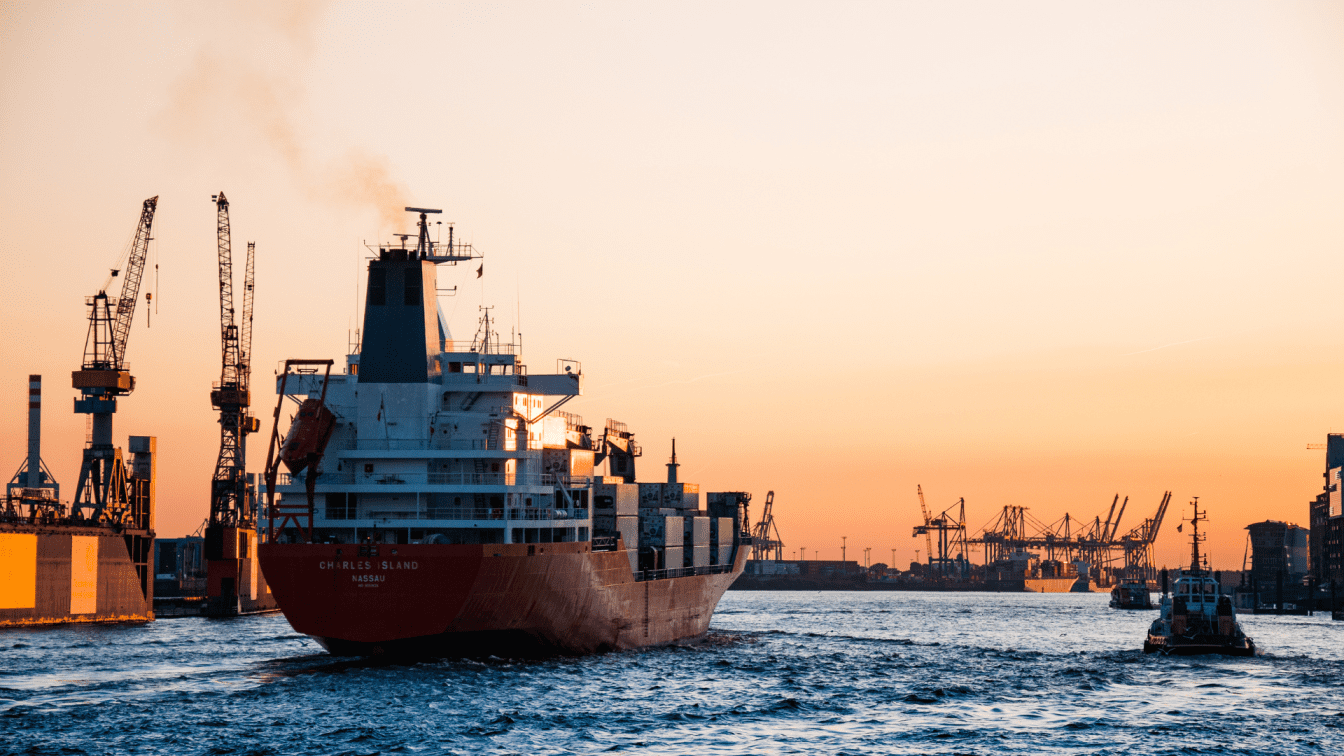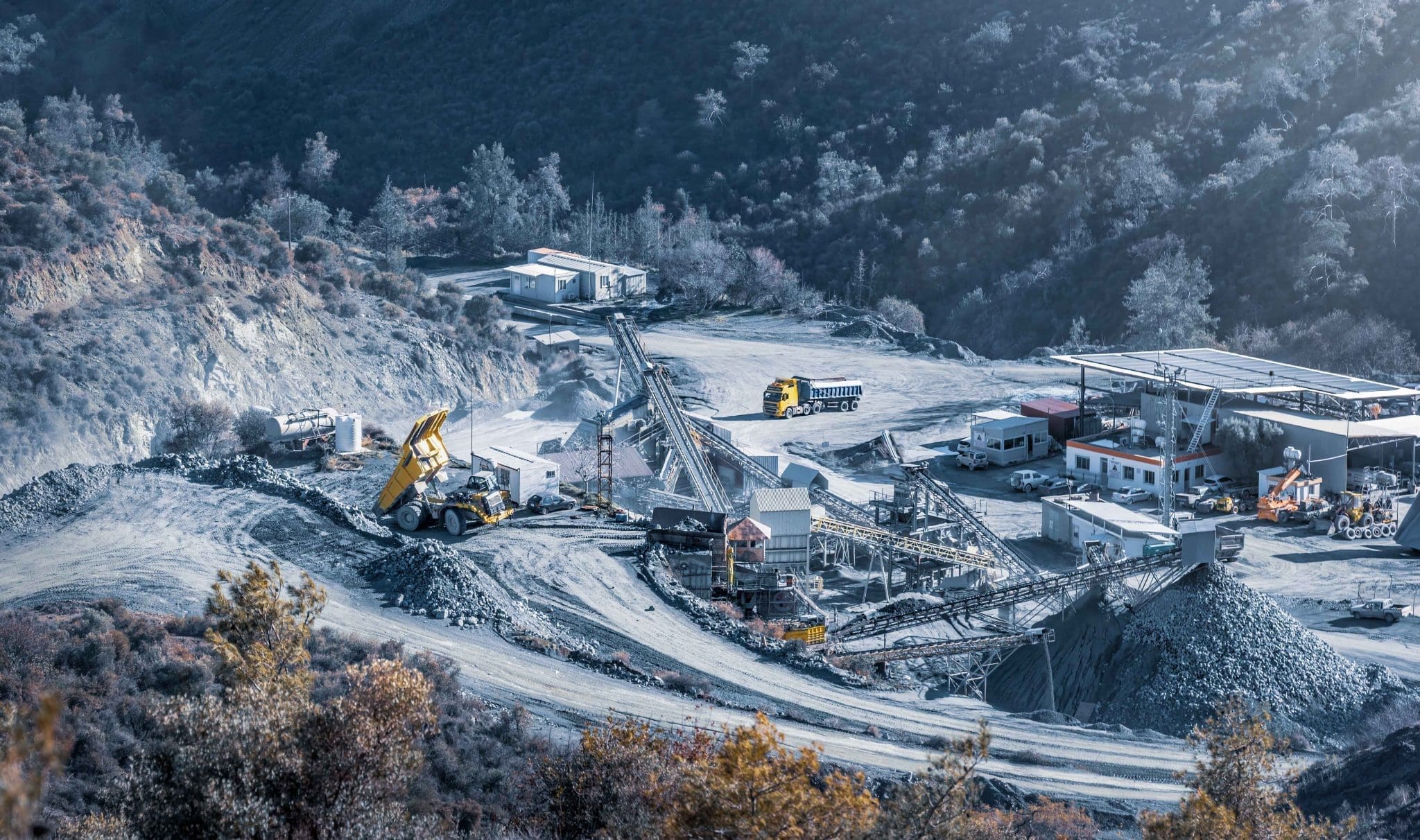Prime Minister Narendra Modi’s interim budget earlier this month sent a clear message to the world that India was taking a leadership position in sustainability with significant investment going into cleaner energy and increased budget allocation of 25.7% and 6% for the Ministry of New and Renewable Energy (MNRE) and Ministry of Environment, Forests and Climate Change((MoEF) respectively. The budget also highlighted an increased focus on robust support for the EV market in India driven by infrastructure development and policy support. Not only did it set out a clear vision for India’s future, but also conveyed how we could transition to a “low carbon economy” and, simultaneously, continue to make progress on other environmental and social issues.
Statistics show that some 49 million people may be living in modern slavery conditions and 8 million of those are in India. Likewise, environmental pollution is steadily increasing with the EU alone increasing its pollution by 5% in the last 15 years. Late last year, Vishwa Mohan reporting in The Times of India on India’s intention to move from a “throwaway economy” to a “reuse economy” that would help save resources and simultaneously deal with the growing menace of hazardous waste shared that, globally, 353 million tonnes of plastic waste was generated in 2019, with only 9% of it recycled. 19% incinerated, 50% ended up in landfills and 22% evaded waste management systems.
It’s a global situation that according to the International Labour Organisation (ILO), the OECD and charities around the world is getting worse not better. There are global efforts at the UN level to address issues relating to climate change, social injustice, and environmental pollution. SEBI has introduced regulation, in the form of India’s BRSR and BRSR Core, to support these goals.
The BRSR framework is a mandatory disclosure mechanism for top 1000 listed companies or businesses to report their performance on environmental, social and governance (ESG) aspects and demonstrate their commitment to responsible business practices, whereas BRSR Core requires India’s biggest businesses, starting with the top 150, to look at their wider value chain to identify and address adverse impacts of their end-to-end business operations. The first BRSR Core reporting deadline is looming with the first filing due in June 2024.
India is not alone in this approach, with some European countries, Australia, Canada and South Korea also taking steps to regulate businesses to investigate and address supply chain related issues – which are also now having implications for India’s 66.33bn export business.
This growing focus on more sustainable supply chains led to supply chain risk management experts, Achilles, based in Mumbai since 2011, to develop a specific BRSR Core solution to make it both more cost-effective, faster, and less burdensome for Indian businesses to comply said Smitha Shetty, Regional Director, APAC, at Achilles. She added “Complex supply chains are a necessary and integral part of our thriving Indian economy and through this solution we want to create a network effect that enables the Indian business community to work together to set a new standard in global supply chain risk management.”
Smitha continued “We know from our experience, working with market leading businesses around the world over the last 30 years, that taking a collaborative approach to supply chain due diligence enables businesses to meet their regulatory obligations and, also, at the same time, drive up standards across industry sectors. For example, our work in the utilities sector in the UK saves £22m every year and has reduced procurement times by an average of 30 days. Utilities sector suppliers that join the network typically experience 30% new business growth. It is hard to ignore this scale of opportunity.”
Achilles will collect data on Indian businesses’ suppliers and sub-contractors across the categories required by SEBI including carbon emissions, social and environmental policies, health and safety and cyber security. That information collected will be validated using a mix of different third-party sources and used to provide a detailed supply chain risk report to meet the SEBI requirements.
Where supply chain issues are identified, Achilles will physically audit the suppliers (using its base of 17 office locations worldwide) and work with them to improve standards and address adverse impacts. Supply side businesses will benefit from having their credentials published on the Achilles platform and will be able to use their data to support their business growth both in India and in overseas markets.
“This hasn’t been done in India before – industry leaders collaborating to create the supply chain transparency that is now needed to address the environmental and social issues facing the planet” said Smitha, adding that the approach would “showcase Indian business leadership in sustainability at all levels.”


